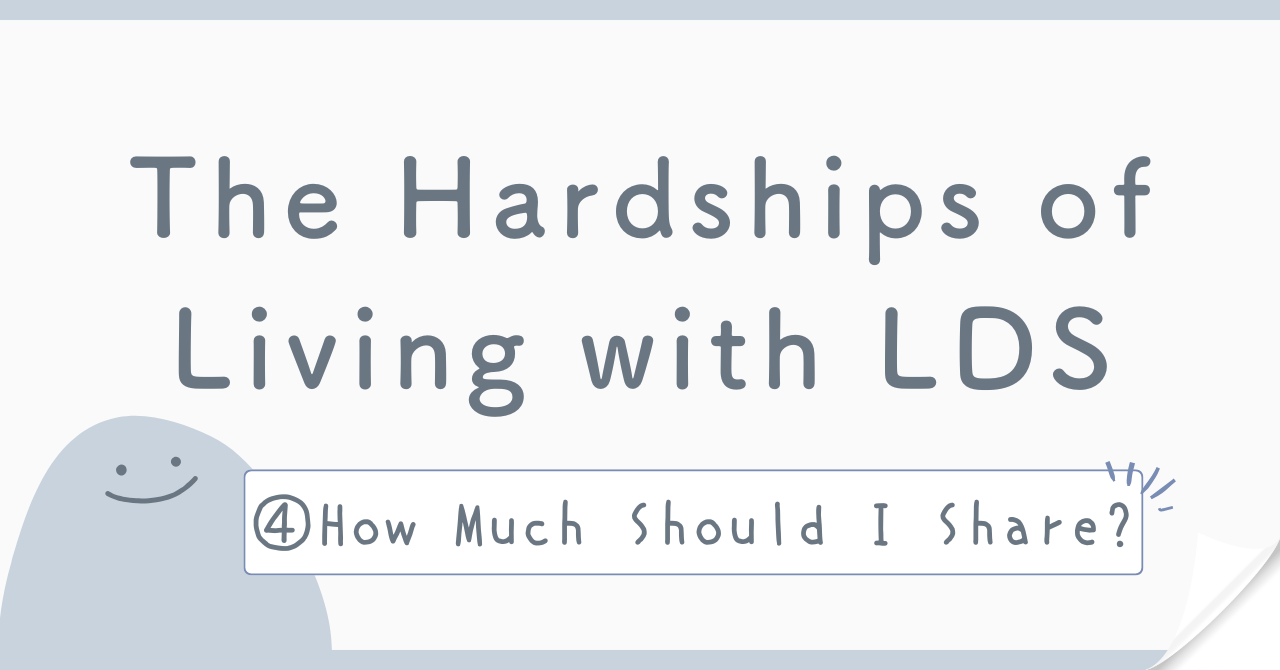Hello, I’m Mikan.
In my previous posts—The Hardships of Living with LDS [Part ① – Diagnosis], [Part ② – Surgery], and [Part ③ – Social Reintegration]—I’ve shared various aspects of living with Loeys-Dietz Syndrome (LDS). Today, I want to discuss an ongoing challenge that I still haven’t fully resolved: how much to share about having a designated intractable disease like LDS.
Explaining a Designated Intractable Disease
While it often feels natural to talk about your condition with close family and friends, explaining a rare disease like LDS to acquaintances or people you’re not very close with can be daunting. With a genetic condition such as Loeys-Dietz Syndrome, mentioning your diagnosis might even imply that your family or those around you could be affected. This makes the conversation extremely delicate.
Strategies for When You Don’t Want to Disclose Your Rare Disease
Here are some methods I’ve considered to navigate these situations:
Choose a Simple Explanation Based on the Context:
For example, recently at work, I had to mention the possibility of regular hospital visits and even surgery. I simply explained, “My parent is ill, so I need to accompany them.” This straightforward approach allows me to avoid getting into the specifics of my designated intractable disease.
Describe Only the Symptoms Without Naming the Disease:
Instead of saying “I have Loeys-Dietz Syndrome,” you could say something like, “I have a heart condition,” or “I was born with weak blood vessels.” For people unfamiliar with LDS, explaining the symptoms can often be enough.
Relate Your Condition to a More Familiar Disease When Speaking with Professionals:
When talking to doctors or other experts, I sometimes explain it as “a disease similar to Marfan syndrome.” Since Marfan syndrome is relatively well-known, this comparison often makes it easier for others to understand.
Sharing Experiences and Seeking Advice
Many people struggle with how to discuss their experience with LDS or other rare diseases. I encourage you to share your own experiences, tips, and even the approaches that haven’t worked so well for you. Together, we can explore better ways to navigate these sensitive conversations.
Let’s continue supporting one another as we figure out how much to share and how best to manage these challenges.


